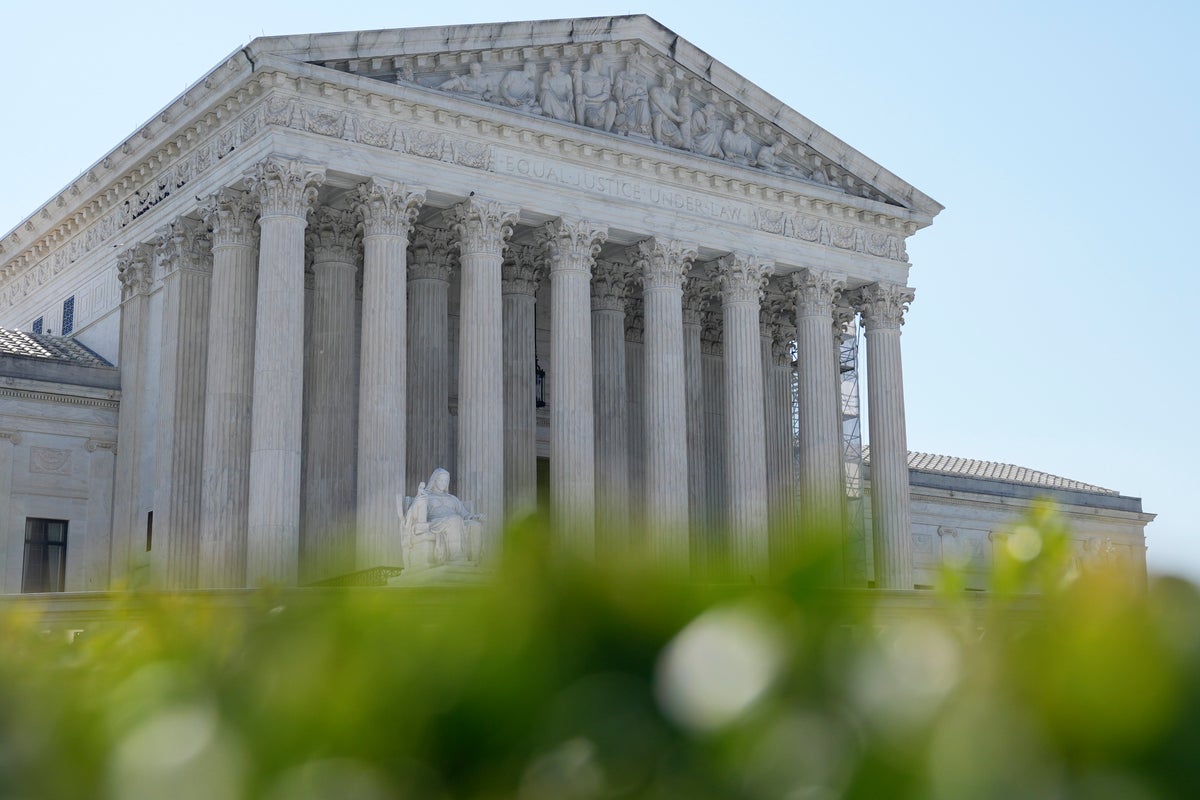
The Supreme Court on Thursday upheld the conviction of a California woman who said she did not know about a stash of methamphetamine hidden inside her car.
The 6-3 opinion came in a case that revolved around how much expert witnesses can say about a defendant's mindset.
Delilah Guadalupe Diaz was sentenced to seven years in prison after on drug charges after Border Patrol agents discovered methamphetamine worth nearly $370,000 stashed inside the car door panel as she crossed the U.S.-Mexico border.
Diaz contended the car belonged to a boyfriend and that she did not know the drugs were inside. Defense lawyers argued that she was a “blind mule,” a term for people used by cartels to smuggle drugs without their knowledge.
Prosecutors disagreed. They called as an expert witness a Homeland Security agent who testified that drug cartels do not usually send large quantities of drugs with people who are unaware of the contraband, though the agent acknowledged that has happened.
Diaz appealed her conviction, arguing the agent's testimony broke a rule of evidence that expert witnesses cannot give opinions on a defendant’s mental state.
Prosecutors countered that the agent was speaking from his own expertise and that his testimony did not break that rule because it did not make any references to Diaz specifically.
Lower courts had split on that distinction. Judges in some parts of the country have allowed more general expert testimony about mental state while others kept it out, her lawyers argued.
The case is Diaz v. United States, 23-14







